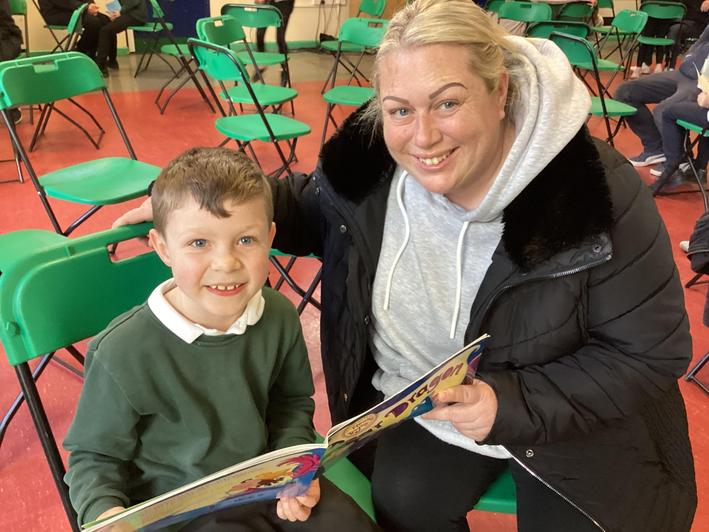
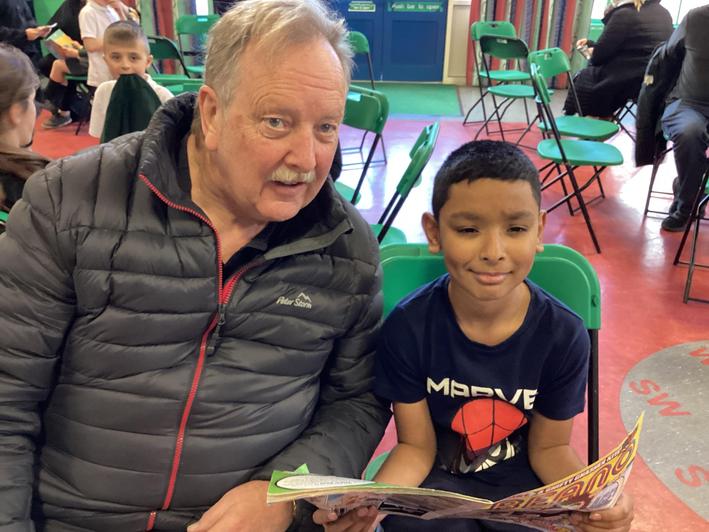
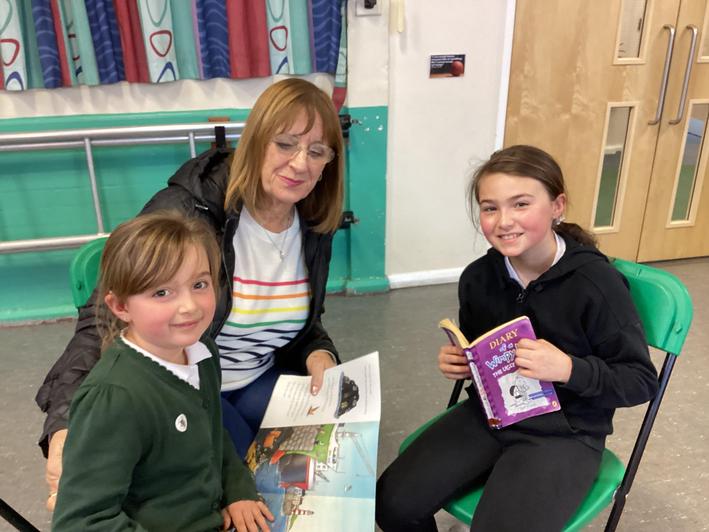
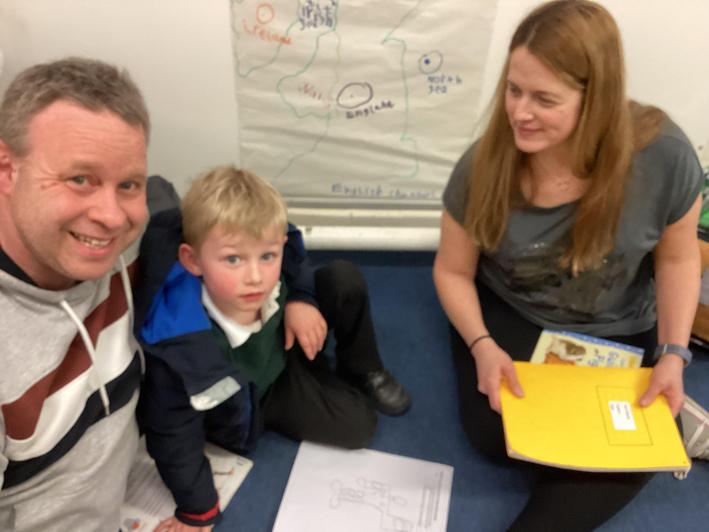
Research shows that a child who reads for pleasure will do better at school, even in subjects like maths. Reading books together is a great way to bond, talk about the day and make lasting memories.
How do we ensure that every child makes progress in reading?
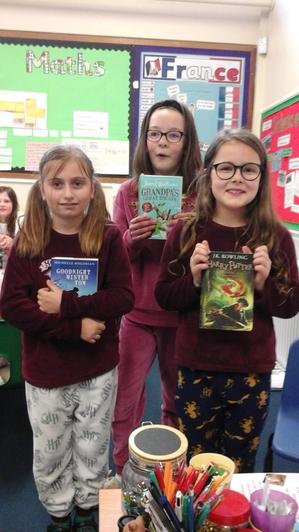
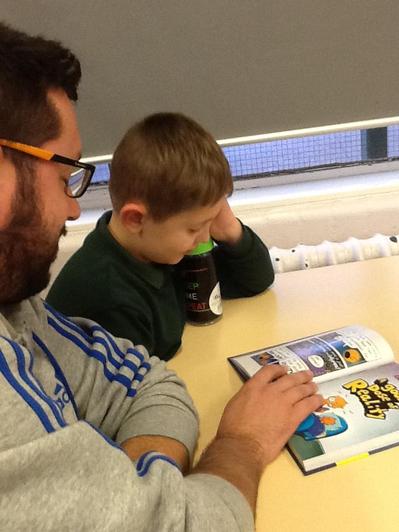
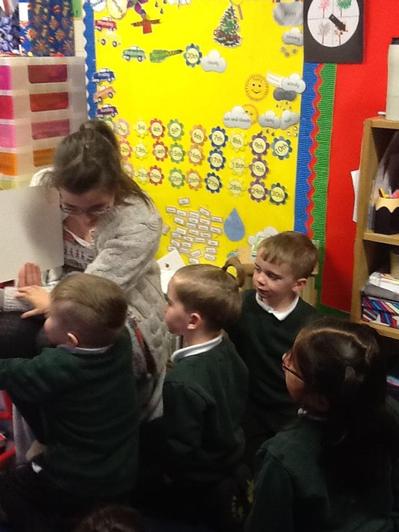
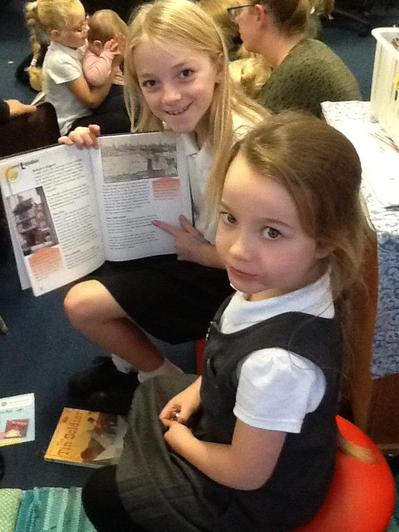
In the UK today:
- at least seven million adults are functionally illiterate (annual United Nations survey)
- one in six people has a literacy level below that expected of an 11-yearold
- 84% of 11-year-olds achieve the expected levels for reading
- 75% of 11-year-olds achieve the expected levels for writing. (National Literacy Trust)
A child’s reading skills are important to their success in school as they will allow them to access the breadth of the curriculum and improve their communication and language skills. For this reason, at Richard Bonington Primary, we have put a number of intervention programmes in place to ensure progress:
Lexia interventions
Our lexia intervention programmes run in Years 2 – 6 and provide differentiated instruction for pupils of all abilities. Lexia’s research-proven program provides explicit, systematic, personalised learning in the five areas of reading instruction.
Lexia’s personalised approach targets skill gaps as they emerge, providing teaching staff with the data and student-specific resources they need for individual or small-group instruction. This resourcing is then used by teachers and teaching assistants to provide further support as needed on an individul basis.
Small group ‘book study’ approach
Across Key Stage 2, teaching assistants use a ‘book study’ approach to focus in on the key comprehension skills needed to aid understanding of a given text. Pupils are encouraged to read aloud and discuss their understanding of a text, supporting their opinions with evidence from the text. Children who are not making sufficient progress in reading are targeted for these sessions in order to ensure that they achieve age related expectations at the end of the year.
‘Whole word reading’ sessions
These sessions are specifically targeted at children aged between 3 and 5 years old. The interventions are used to target children who continue to struggle with the phonics approach during the spring and summer terms. This approach has been very successful for a number of children at Richard Bonington.
Fluency and retrieval interventions
Teaching staff use various assessment techniques to target children who are struggling with fluency and basic retrieval. These children are then placed in small group intervention sessions to support them in improving these skills further.
AcceleRead
AcceleRead is a software programme, which is used in some classes at Richard Bonington, to improve the reading, writing, spelling and listening skills of pupils who are experiencing literacy difficulties. This is achieved through structured phonics exercise over a recommended period of time.
Promoting a love of reading at Richard Bonington Primary School
At Richard Bonington, we run a range of events and activities to promote a love of reading across the school. Please feel free to take a closer look at our photos and find out more!
Reading buddies
We love to pair up our older children with some of our younger readers! It’s a great way of demonstrating that reading can be fun at any age!
Drop everything and read (DEAR)
At Richard Bonington, whenever we get the chance, we love to ‘drop everything and read!’ The children (and staff!) have the opportunity to kick back, relax and enjoy reading their favourite books and magazines. As you can see from the photos, the children are invited to read in their favourite positions: sitting at the table, leaning of a beanbag or even lying on the carpet!
Kidnap the Parents
Once a half term, the children at Richard Bonington go on a mission to ‘kidnap’ their parents! We invite parents to come into school to take part in these events with their children.
‘Kidnap the Parents’ events provide an exciting opportunity for the children to share their favourite books, comics, magazines, newspapers and stories with a member of their family. Take a look at the slideshows below to see some of our favourite photos from these events.
How do we prioritise reading at Richard Bonington Primary School?
As a school, we aim to use a combination of approaches in order to prioritise reading effectively:
In Key Stage 1 reading is taught through several key approaches:
Shared reading
During shared reading, children listen to stories beyond their reading ability and the teacher asks for children’s responses to key events and characters.
Modelled reading
In modelled reading, the teacher focuses on key decoding or comprehension skills, making explicit the reading strategies and thought process being undertaken in responding to the text.
Group reading
In group reading sessions, children focus on the specific skills of decoding, prosody and comprehension using a book containing the grapheme/phoneme correspondences that they have been taught. These sessions build fluency, expression and understanding.
Independent reading
Children should also read independently to themselves for short periods of time and to an adult for decoding support. They also listen to stories just for fun.
Phonics and cross-curricular reading
Reading games, instructions and reading within topic lessons supports children’s application of their reading skills alongside a structured, daily phonics session focused on the teaching of decoding using phonic knowledge and the recognition of tricky words (high-frequency words that are not decodable).
In Key Stage 2, the children are taught reading using a ‘whole class’ shared reading approach. The purpose of a shared reading session is to allow children to learn and apply a range of reading strategies with teacher support. It includes explicit teaching and demonstration of reading strategies.
These whole-class sessions are short, sharp and focused. Motivating, attractive texts are chosen to support specific reading objective/s, based around 12 key comprehension skills (see document below). With regards to this approach, texts are usually pitched above the pupils’ word reading level but within their comprehension level. The text/s will be clearly visible to all children.
The teacher takes the lead, reading aloud so there is a high level of support where children can actively participate, explore and try out reading strategies in a supportive context. Shared reading should prepare pupils for independent tasks which require them to use strategies more independently and in wider contexts.
In FS1, Phase One of letters and sounds is taught and children build their knowledge of rhythm, rhyme and pattern through a range of sensory games, tasks and activities. They have a daily story session where important book skills are experienced and the language required to talk about stories and books is a focus. During these sessions, there is a clear focus on the enjoyment of books, stories and reading.
Children in FS2 begin to learn the first 42 phonic sounds when they start school. This is taught at a rapid pace. The teaching of this is multi-sensory and active within a highly focused and daily teaching session.
On entry, key (high frequency) words are introduced and are sent home to learn. When children are confidently reading their key words, a new set of key words is sent home. Children in FS2 read individually with an adult at least once a week; they will also experience regular stories as a class, daily opportunities to practice reading skills and opportunities to share their responses to stories. Towards the end of the year, there are chances for children to share and discuss a story in small groups.
We have recently introduced some high-quality traditional tales that we feel all children should experience during their childhood years. A pack is sent home for parents to share with their children, which includes stick puppets, allowing parent and child to act out the story whilst reading the book.
At Richard Bonington, we encourage daily independent reading. We believe that it is important to provide children with the opportunity to practise their reading and to develop a personal response to text. Texts are chosen by the children (within their book banding level) although choices are regularly monitored by the teacher. At every opportunity, we encourage independent reading through topic-based learning, research and exploration. The expectation is that children will read regularly at home to an adult until they become independent readers.
Reading diaries and rewards
Teaching staff use a weekly tracking system, to log children who have read a minimum of 3 times a week at home. When the class have achieved a total of 1000 reads, they are rewarded with a visit to our local library in Arnold. Here, they are treated to a tour, stories read by the library staff and a wide selected of exciting and enjoyable books from their children’s section.
Changing books and banding system
FSU – In the Foundation Stage Unit, books are changed by an adult weekly. Where possible, children receive two books to read over the week at home.
Key Stage 1 – In Years One and Two, children are given the opportunity to change their books once a week. During this time, they will be asked to choose two new books which they will work on, both at home and at school over the course of that week.
Key Stage 2 – Our older children are offered the chance to change their reading books once a week during their library time (if necessary). However, they are also encouraged to take ownership of this so that they can identify for themselves when a book needs changing.
A book banding system is used in every key stage (see ‘book banding RBPS’ separate document).
Each class has a dedicated time (of at least 3 days, weekly) in which the teacher reads a story to the whole class. During this time, the children have the opportunity to:
- Create a shared bonding experience
- Hear new words which enrich their vocabulary
- Understand stories beyond their reading ability
- Improve concentration and attention
- Develop interaction skills
- Develop connections
- Understand how fluent readers read
- Develop a rich language to use in their own writing.

